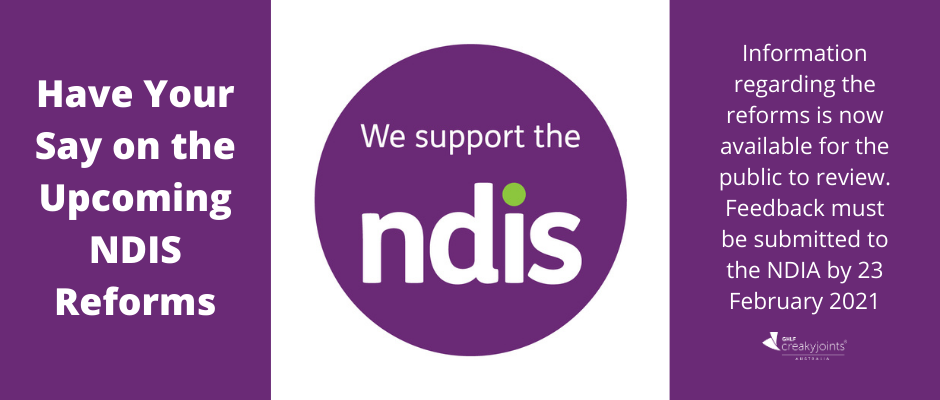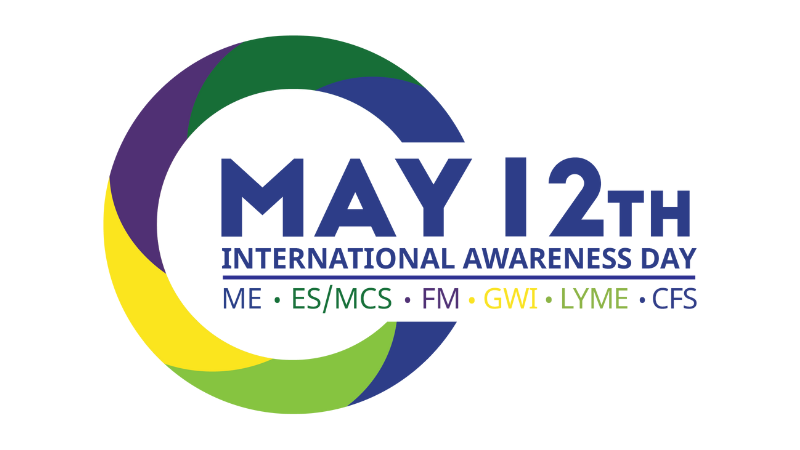

On 25 November 2020, the National Disability Insurance Agency (NDIA) began calling on people with disability, participants, their families and carers and the wider disability sector to have their say on changes to make the National Disability Insurance Scheme (NDIS) simpler, faster, fairer and more flexible. The changes will apply to both new and existing participants.
Information regarding the reforms is now available for the public to review. Feedback must be submitted to the NDIA by 23 February 2021.
About the NDIS
The National Disability Insurance Scheme is a government system that provides extensive support for Australians with a disability, their families and carers. It is operated by the National Disability Insurance Agency.
The NDIS national rollout took place in stages across the country over several years concluding in 2020. It was set up to replace a fragmented and often unfair disability support system with a single national system.
The NDIS is designed to provide Australians under the age of 65 who have a disability that is likely to be permanent and significant with the supports they need to improve their skills and independence over time. It provides funding for, and assistance with, accessing a range of community and employment services.
The NDIS operates independently of both Centrelink and Medicare. It is not income tested, you can be employed and you do not need to receive any other government benefit to apply.
The term “disability” is used broadly and includes eligible people with intellectual, physical, sensory, cognitive and psychosocial disability. Your eligibility is determined, not only by the condition itself but how long it will last and how it impacts your life.
(Do you refer to yourself as disabled? Does it matter? See our article I Have Many Types of Arthritis and Chronic Illness, But Am I Disabled? I’m Not Sure for more thoughts on this topic.)
How the NDIS Currently Works
Anyone who thinks they might be eligible for the scheme can submit an Access Request Form and a Supporting Evidence Form to the NDIS. The onus is currently on you to collect and submit details and evidence about your disability and how it impacts you each day plus copies of letters or reports you already have from your treating health professionals.
Some conditions, such as autism and blindness, are already listed in the Operational Guidelines for Access to the NDIS as likely to meet disability requirements (List A). Others are listed as permanent conditions for which functional capacity is variable and further assessment of functional capacity is generally required (List B). Rheumatoid arthritis and juvenile arthritis are both on List B.
If your condition is not included on any of these lists, you may still be eligible for NDIS support but you may have to spend a lot of time gathering enough evidence of your limited functional capacity to support your claim. Each application is processed on a case-by-case basis, so your overall situation will be considered.
If you are eligible for the NDIS, you will be contacted to arrange a planning meeting to discuss your support and funding needs. During your planning meeting, you will discuss what you would like to continue doing and may want to do in the future. These will be your goals. The goals you share will help the NDIS build a personalised plan for you.
As part of your planning meeting, you will be asked how you would like to manage your NDIS funding (on your own or with help from others). Your NDIS plan will have funding in one or more budget categories for you to pay for supports and services. You, or your representative, can decide what services you receive, who provides them and when — provided they are related to your disability and will help you achieve the goals in your plan.
Download the Participant Booklets from the NDIS website to learn about the current application and planning processes in more detail.
About the NDIS Reforms
When it was first planned and implemented, the NDIS was brand new and had to be built from the ground up. Now that the scheme has been operating for several years it has become apparent that changes to the original structure are necessary.
The 2019 review of the NDIS Act identified many opportunities to make NDIS processes simpler and more straightforward. The review showed that some participants:
- Found the transition to the NDIS confusing and frustrating, with some people saying they “missed” the supports offered under state and territory systems, particularly active case management
- Are frustrated about delays and lack of transparency around how the NDIA makes decisions
- Want to have more support to become informed and effective consumers
- Feel the NDIS is too complex and difficult to navigate
- Feel they are not recognised as the experts in their disability
- Feel NDIA staff do not understand disability or appreciate the challenges people with disability face as part of everyday life.
It is also evident that many participants found the process of gathering their own evidence for applying very time-consuming, stressful and costly.
Detailed information about the reforms is available in the following consultation papers:
- Access and Eligibility Policy for Independent Assessments
- Planning Policy for Personalised Budgets and Plan Flexibility
- Supporting Young Children and their Families Early, to Reach their Full Potential
The aims of the reforms are outlined in the above consultation papers. In summary, the aims are to:
- Replace the processes developed during the transition (from earlier schemes) with more consistent and fairer approaches to determining NDIS eligibility
- Introduce independent assessments to better understand your functional capacity and environment to support objective and fair access and funding decisions.
- Change the way the NDIS manages and delivers personalised plan budgets and supports you to have greater flexibility in using your funding in ways that best suit you.
- Ensure the NDIS spends time with you when it matters the most and supports you to use their approved budget effectively.
Each of the consultation documents includes a list of questions you can choose to respond to when submitting your feedback to the NDIA. These are guides only and you can include any other points that are important to you in your feedback.
How to Learn More About the Reforms
The NDIS is currently running two separate series of online events that you can access for free throughout February to help you understand the nature of the reforms. One series relates to changes to access, planning and independent assessments while the other relates to changes to early childhood access and supports.
The events are specific to each NDIS region and will be repeated on several dates to ensure maximum accessibility.
Points to Consider When You Submit Your Feedback
The Australian Government has already determined that the reforms (including independent assessments) will take place from mid-2021. Some consumer organisations and politicians feel that this should have involved more public consultancy.
You might also like to consider how you feel about things like:
- The NDIS using independent assessors rather than NDIS staff to process initial applications
- How and when your plan budget decisions should be made
The SBS News article by Evan Young Senators question integrity of pilot for controversial NDIS independent assessment reforms includes other points you might want to take into account when drafting your feedback.
How to Have Your Say About the NDIS Reforms
More information on how to submit your feedback to the NDIA can be found on each of the following web pages:
- What we are consulting on
- Access and Eligibility Policy for Independent Assessments
- Planning Policy for Personalised Budgets and Plan Flexibility
- Supporting Young Children and their Families Early, to Reach their Full Potential
- Participate in an NDIS consultation
All feedback must be submitted to the NDIA by 23 February 2021.
Other ways to pass on your feedback
Every Australian Counts (EAC) is the grassroots campaign that fought for the introduction of the National Disability Insurance Scheme and won. EAC is offering to bundle up all your stories and share them with the Joint Standing Committee, the NDIA and every single Federal MP and Senator. You can have your say via the feedback form on their website.
You might like to share your opinions about the NDIS reforms with the Federal MP for your local electorate. Find out who represents you and what issues they vote for on the They Vote For You website.
The Parliament of Australia Joint Standing Committee for the National Disability Insurance Scheme has decided to conduct its own separate inquiry into independent assessments under the NDIS. (The closing date for submissions related to this inquiry is 31 March 2021.)
Further Resources
The following consumer organisations have a lot of information about the NDIS and/or the reforms on their respective websites:
- Ideas Australia
- People with Disabilities Australia
- Association for Children with a Disability
- Consumers Health Forum of Australia
CreakyJoints Australia Mini Survey on the NDIS
Our surveys are used internally to help us plan our future content and advocacy efforts. Click here to tell us what you know about accessing the NDIS.




